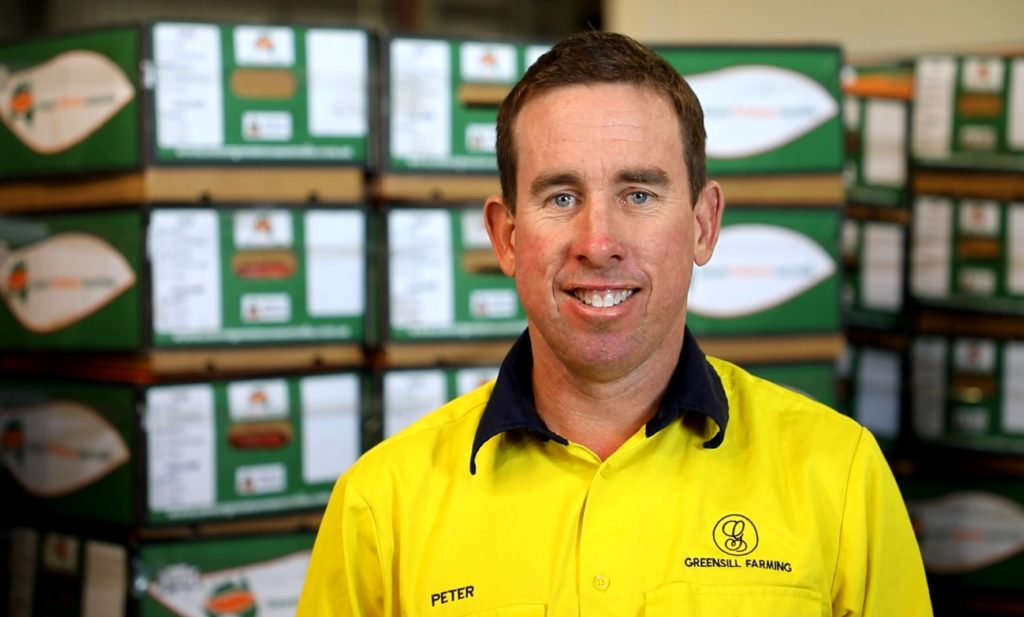
They say from little things, big things grow and that’s certainly been the case for Bundaberg Region agricultural producer Greensill Farming Group.
CEO Peter Greensill said the now multimillion-dollar agribusiness had humble beginnings.
“Myself and my two brothers are privileged enough to be third generation farmers here in Bundaberg,” Peter said.
“My grandparents bought a small farm on the slopes of The Hummock in 1945 and they went on to grow that … just buying the adjoining properties.”
The original 27 hectare site has now spread significantly, covering 2000 hectares and specialising in sweet potato and sugarcane farming.
Proud of the company’s humble beginnings Peter said his grandparents were the pioneers, cutting cane by hand and growing small crops.
“My father and my mother went on to grow and build that business and add some more horticulture in and some more innovation and technology in irrigation.
“As the infrastructure was developed that was probably the middle generation and then my brothers and I have gone on to grow the farm more.
“We’ve gone on to grow the business horizontally and add more properties in to that in a substantial way in order to try and keep pace with the economies of scale required to have the technology we need to be a modern agribusiness.”
Greensill Farming Group exports to world
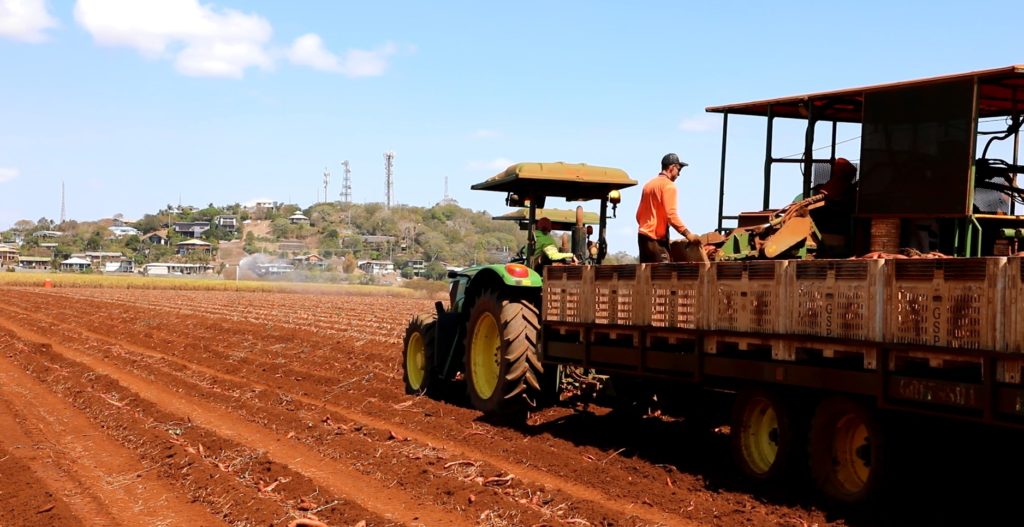
As the business expanded in a geographical sense, so too did the diversification of the crops produced.
“At the moment we’re a substantial sweet potato grower in the Australian industry,” Peter said.
“We’re exporting to the wider world to everywhere from as far as the UK through Asia, the Middle East and that’s an exciting space for us.
“We’re also a significant sugar grower, we supply sugar to the local mills here in Bundaberg and we’re also growing peanuts.
“And we’re looking to grow all of those businesses as the markets develop and as they make sense strategically for what we’re doing.”
Peter said there was lots of exciting plans for the future of Greensill Farming Group.
“We’re very keen to grow the business in increasing our land area, but also trying to get more out of that land and do it more sustainably with minimum impacts.
“We’re very keen to … be able to continue to add in more innovation and more automation and technology that can allow us to continue to grow and do that sustainably.”
Bundaberg Region offers perfect growing conditions
For Greensill’s agribusiness Peter said Bundaberg had proven the ideal location.
He said not only was the region ideally located from a logistics point of view but the climate made for ideal growing conditions.
“We’re very privileged here to be able to grow 52 weeks a year.
“We can dig and supply our markets [year-round] which is something that very few other places in the world are able to do.
“That’s partly to do with our beautiful latitude 25 climate that we have here which gives us quite even and temperate summer/winter climate variations.
“It makes for great living, but it also makes for the ability to be able to better control our crops.”
The conditions also offer continuity for the company’s more than 180 staff.
“That allows us to maintain the staff that we have for all of those roles right through the year which is fantastic from a workplace perspective as well as all of the other continuity elements there so it’s great.”
As innovation becomes more important to traditional farming businesses Peter said more qualified positions were opening up in the sector.
“Probably a lot of the roles are becoming more technical and require a higher skill set.
“We’re certainly looking to build careers within the business as we go forward and grow those people once they’re in.”
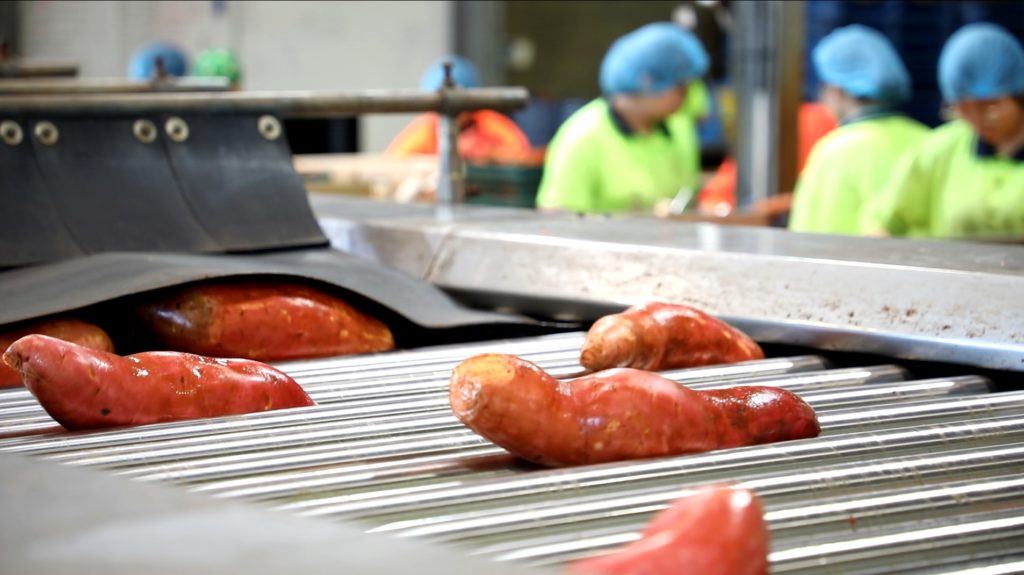
Greensill Farming Group also recently released plans to expand its machinery and packing shed at Qunaba to process more sweet potatoes and other produce.

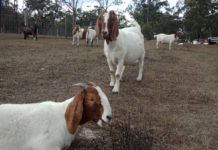

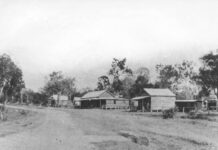




Just amazing, Congratulations
Great to see positive attitude and innovation developing the Bundaberg farming opportunities.
Great news, hopefully council will back the plans.
Comments are closed.